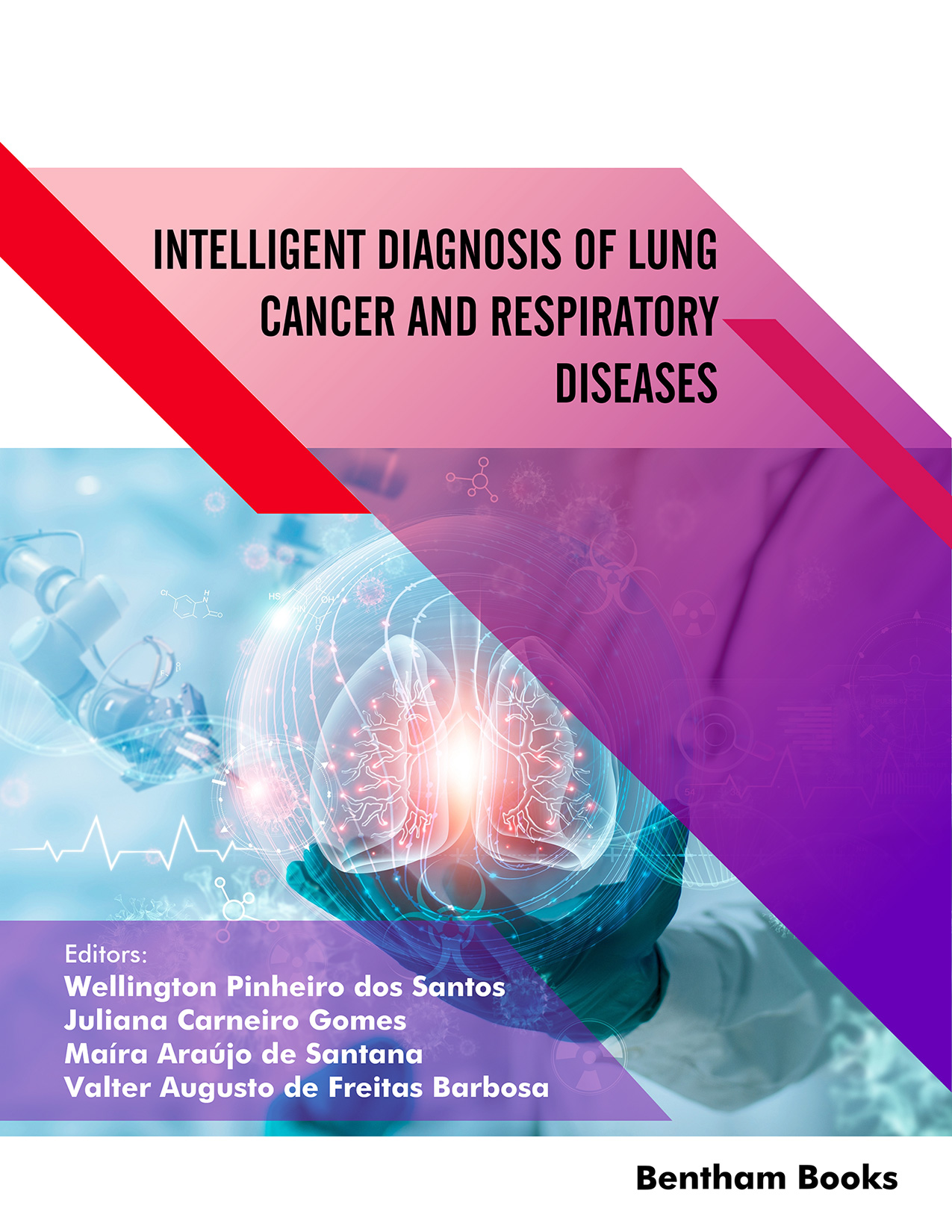Introduction
Intelligent Diagnosis of Lung Cancer and Respiratory Diseases
presents information about diseases of the respiratory system and the relevant diagnostic imaging techniques. The book focuses on intelligent diagnostic imaging systems.
The first section of the book deals with the physiological underpinnings of 3 major diseases that affect the respiratory system: tuberculosis, lung cancer and COVID-19. This section also explains the basic principles of artificial Intelligence that support the diagnosis of these diseases.
The next section presents applications of intelligent systems to support the imaging diagnosis of COVID-19 and lung cancer, with emphasis on digital health and telemedicine approaches.
Each chapter is organized into a readable format, and is accompanied with a detailed bibliographical information for further reading.
This book is a reference for everyone seeking to understand how artificial intelligence can provide solutions for diagnostic support systems by processing and analyzing radiological images to improve early diagnosis and, consequently, lung disease prognosis.

